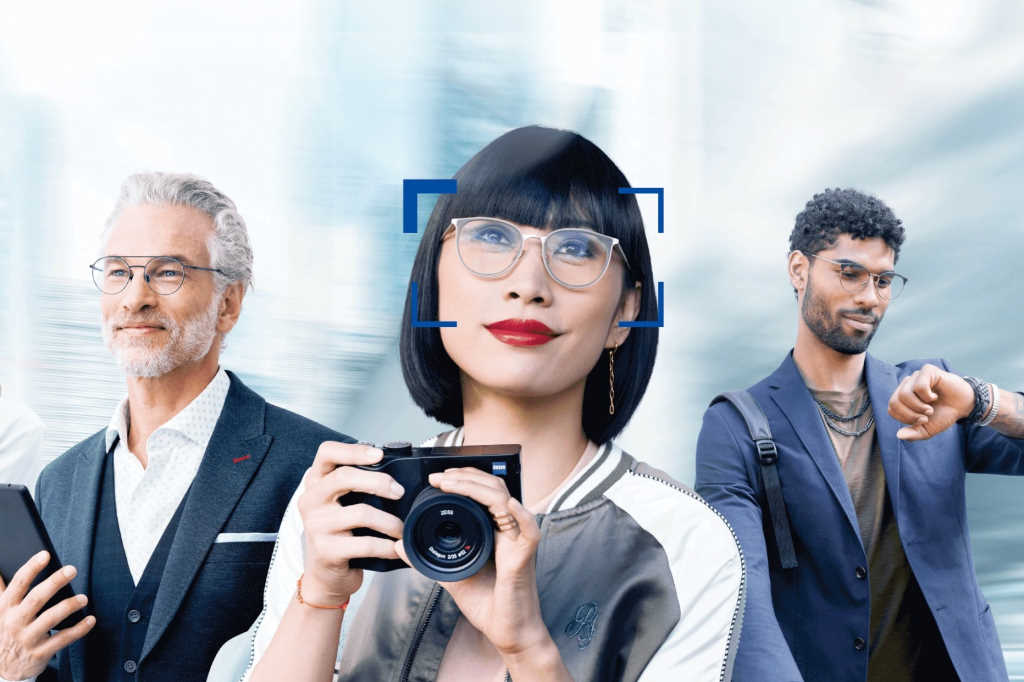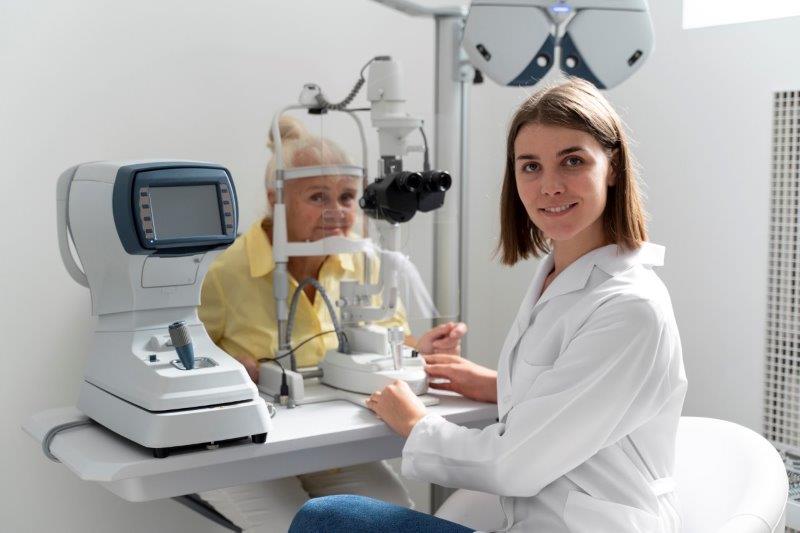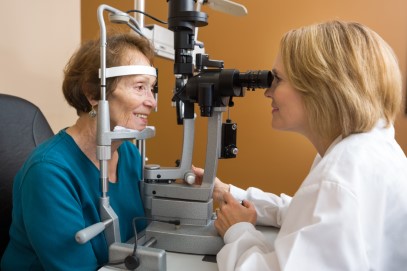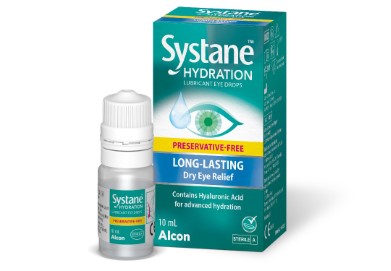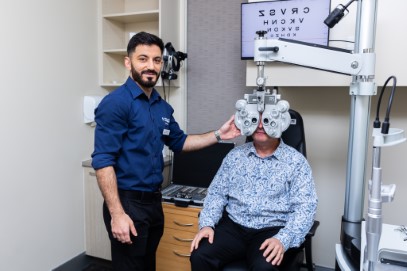SPONSORED: Encouraging patients to reset their eye health in 2021
After the unprecedented events of 2020, many of us are pressing the ‘restart’ button during 2021. Directly or indirectly, we have all been shaken by the pandemic and served an important wake-up call that life is too short to let superficial pressures come before what is most important. It all boils down to our health – mental and physical - because if we do not take care of ourselves, we cannot possibly take care of others and those we care about.
The New Year is a great opportunity for optometrists to further support their patients by encouraging them to reset how they approach their eye health going forward - and it cannot happen soon enough. According to the Vision 2020 survey¹, New Zealanders are at increased risk of eyesight decline due to our rapidly changing lifestyles caused by the pandemic. The survey found that 56% of New Zealanders were experiencing one or more negative effects on their eyesight, including tired eyes at the end of the day (reported by 33%), eye strain (24%) and trouble focusing (26%), which respondents attributed to recent lifestyle changes such as working from home and spending more time indoors using devices.
Here are four tips to ensure your patients are well informed and taking good care of their eyes in 2021 and beyond.
1. Explain the importance of regular eye tests
Despite the increased risk of vision problems during the pandemic, almost half of New Zealanders in 2020 (40%) said they do not believe their eyesight is enough of a priority to warrant getting an eye test.
If a patient’s home office is not set up properly (or they are working from the kitchen table), their changing work and lifestyle arrangements may have a large impact on their vision. Encourage patients to get tested regularly and address any declines that may have occurred over the past 12 months.
2. Educate patients about ‘dynamic vision’
As more of us work virtually, the effects of our changing visual behaviour (ie. screen over-use combined with constant multi-tasking) is literally changing how we see. Zeiss SmartLife lenses have been designed to address this very situation, using innovative technology to support frequent gaze changes between various distances and directions.
As well as explaining the importance of selecting the right lenses for their individual needs, remind patients about how they can minimise damage from screen-use by taking frequent breaks, walks outside and ensuring they have ‘switch off’ time each day.
3. Talk to patients about the impact of UV
The start of the year, when the sun is at its strongest, is a great opportunity to remind your patients and customers about the impact of UV light on their eyes, and why it is something they need to think about year-round.
Photoaging of the skin around the eyes, cancers on the skin around the eye and within the eye, cataracts, macular degeneration and preventable blindness are among the consequences of UV exposure. However, not many people are aware of the risks. Zeiss’ 2019 survey² found most Australians and New Zealanders (73%) were unaware that most eye damage from UV light occurs before age 18. The research also found people were poorly informed about the basics of UV protection, including the different levels of UV protection, different lens categories and how to read labels so they can make smart choices for themselves and their children. For example, some companies claim ‘full UV protection’ on lenses that only protect up to 380nm, when in fact 400nm is required to achieve this. People are also confused by the distinction between things like UV protection and polarisation, so this time of year provides a great opportunity to talk to your patients about UV risks and different lens options, so they can make better, more-informed choices.
To cover all bases, Zeiss’ new SmartLife Outdoor Lenses have been designed to address both our changing visual behaviour and provide full UV protection. This is a great option for clear lens wearers during summer.
4. Discuss the link between eye health and lifestyle
Finally, talk to your patients about the lifestyle choices they can make that can have a huge impact on their eyes. Not everyone is aware that getting enough fresh air and daylight is vital, especially to prevent myopia – an epidemic that is likely to become even more prevalent following 2020’s global lockdowns. People should spend at least two hours per day exposed to natural light, provided they use hats, sunscreen and good eye wear. A healthy diet that is low in sugar with lots of fresh fruit and vegetables, along with regular exercise, are also vital.
The New Year is the perfect time to start new habits.
References
- 2020 Vision Survey - national survey conducted by Carl Zeiss Vision, August 2020
- ZEISS MyEyeQ Report – national survey conducted by Carl Zeiss Vision, February 2019










